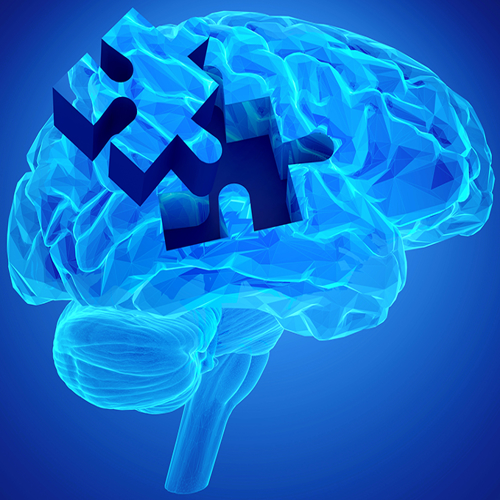Key points from article :
“Sleep disruptions could be an early warning sign of Alzheimer’s disease,” - Jennifer Hurley, lead researcher.
Disrupting circadian rhythms and sleep disturbances might feed into the onset and progression of Alzheimer’s.
It affects more than half a million people in the UK, a figure that is set to rise.
To keep the brain healthy, immune cells (microglia) destroy troublesome proteins; one such protein is amyloid beta.
When the microglia lost their circadian rhythm, the protein-clearing routine faltered.
Amyloid beta build up in turn damages brain cells that ran the circadian clock, causing further accumulation of amyloid beta.
Findings point to therapies that could potentially reduce the risk of Alzheimer’s or lessen the severity of the symptoms.
Exposure to light, or more sophisticated therapies boost the activity of the immune cells.
“Taking care of sleep or circadian rhythms may reduce amyloid beta burden over our lifespan.”
Study by Rensselaer Polytechnic Institute published in PLOS Genetics.






